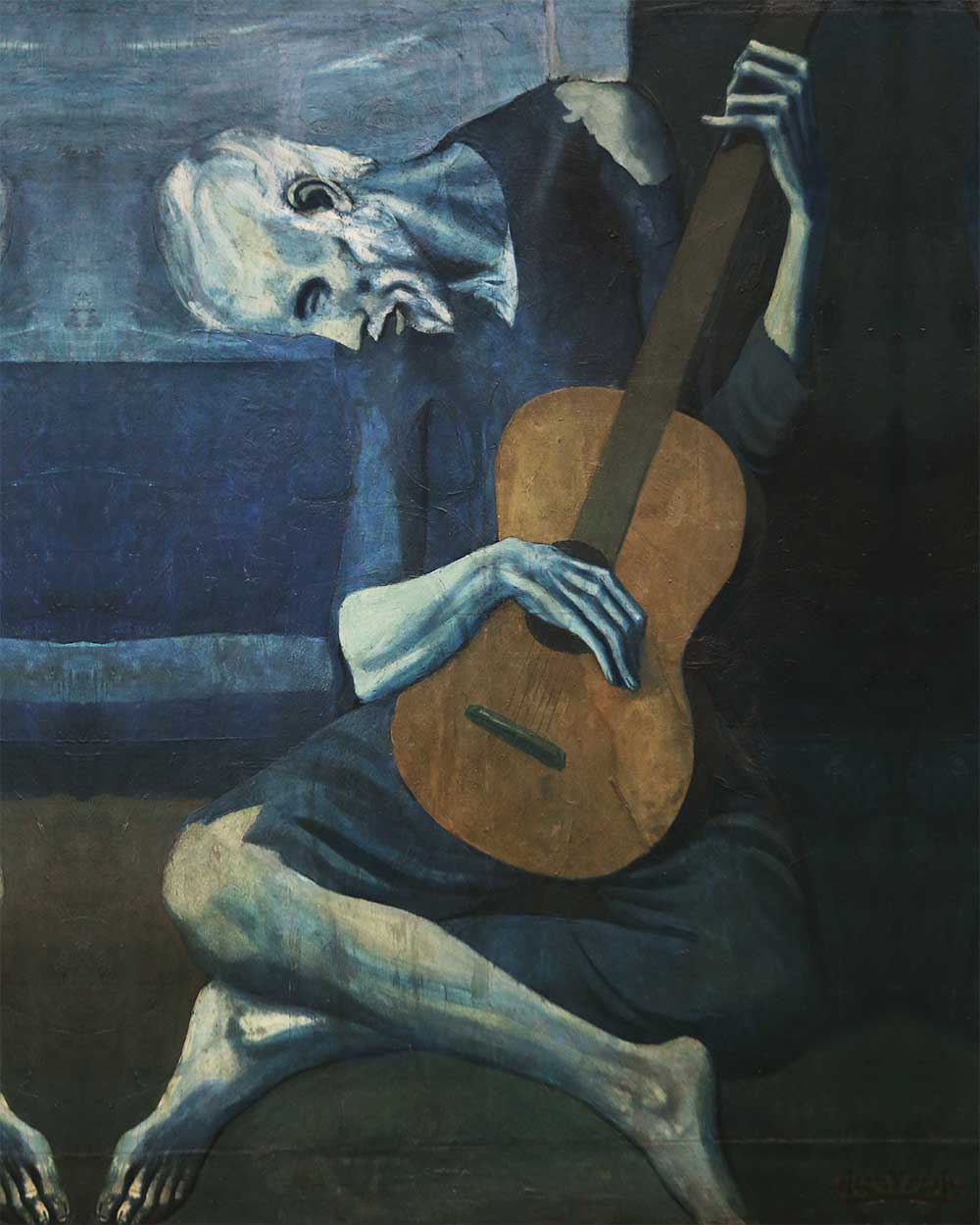
The Conservatory Is Dead.

The Conservatory Is Dead.
Preface
This short essay was originally published as a Facebook post on 6 June 2020. I wrote it as a way to share some thoughts with the colleages in my immediate community. To my pleasant surprise, however, it ended up getting more than 650 likes and 400 shares. Since the post resonated with so many people I figured I’d clean it up a little and post it somewhere more easily referenced.
Below the article, I have appended a short list of decolonization resources.
Cheers.
• • •
Fellow musicians:
As I read more discussions about changing how we teach non-Classical musics in the conservatory, I cannot help but face the inescapable truth that the greater institution of Classical music itself is a critical part of the creation myth of European exceptionalism. If we truly want to have an equitable system of conservatory-level music education, I think we’re eventually going to realize that the end version of that will look nothing like a conservatory—which, in my opinion, is a good thing.
As a composer interested in looking toward the future, it seems clear that there is no other institution of art-making than Classical music so obsessed with re-creating and re-invoking the past. And not just any past: the primordial, mythical past,1See my essays Unknotting Symbols from the Strands of Reality and Understanding, Harnessing, and Annihilating Cliché for deeper discussions of mythical time, specificaly Mircea Eliade’s theory of the Eternal Return. in which Bach and Beethoven are glorified as the pinnacle of human genius. In which the transcendental works of musical mastery that form the foundation of European cultural self-worth first exploded into being. And with every performance, we subliminally declare,
Well of course this music is the apex of human creation. Why else would we be playing it 200 years later if it weren’t somehow better than everything else that’s been written since?
In many ways, going to a conservatory is like going to a seminary. You study the same book the entire time, the same book that’s been studied for centuries. It is a closed canon. And any artistic creation takes place in the form of new glosses, new commentaries, new interpretations, new illuminations—but always of the same book. Other books? Other religions? Why would you study other religions? You’re at a seminary. They’re hiring priests—it’s very competitive. You can take a class on the Quran as an elective if you wish, just be sure you memorize the gospels. Who needs cultural relativism? You’re going to be a star!
As an inward-focused artform—rather than elevating, discovering, or collaborating with new voices—the study of Classical music is concerned primarily with “preserving” and “protecting” itself. But preserving itself from what? Protecting itself from whom? From popular music? Whose popular music? This notion—that Classical music needs to be “conserved”—implicitly antagonizes other musical forms in the name of self-preservation, and injects Classical music with æsthetic formaldehyde: while the rest of the world may have discovered synths and crooners and cross-chain compression, in the conservatory, space and time fold back in on themselves. In the conservatory, all doors lead to Vienna. In the conservatory, we hear the ticking of the clock, but the needle never moves. It’s always 11:59:59PM on the 31st of December, 1899. A Sunday. And what may have started as self-preservation has become self-marginalization.
So, too, like institutions of religious study, our conservatories churn out musical missionaries, unconcerned with the value of other musics but fiercely driven to convert the populace into accepting Classical music as their one true musical Lord and Savior. Orchestras and Opera companies spend thousands obsessing over reaching new audiences and getting the so-called “average person” to come to a concert. Sociologically illiterate, however, they often don’t have the tools to culturally understand the people with whom they’re trying to have cultural exchange. Instead, operating under the idea that Mozart and Puccini represent the zenith of mankind’s musical achievement, they simply say,
Classical music is the best! If you only knew the theory, if you only understood the form, if you only heard it, you would see! 2This attitude verges on a kind of musical white-saviorism, which itself is—perhaps obviously—rooted in white supremacy.
But to any Puerto Rican watching West Side Story, authorial brownface is authorial brownface, no matter the quirky time signature.
• • •
Taking a step back: What good is music? What good does it do? We’re not doctors. We’re not lawyers or public defenders. We’re not scientists (though some composers claim to be). In times like these, I can’t help but be reminded that ours is a particularly privileged occupation: we’re artists. So what good does an artist do?
Well,
people say,
Ours is a social good. Art is good for society.
Art gives people the means to express the otherwise inexpressible.
Art helps people understand things that happen to them.
Art is a process by which we reinvent reality.
Art helps people feel
a little less
alone.
If this is true, if the good that music does is social, then understanding other parts of our culture (as it exists here and now) is not only extremely relevant to the musician, it lies at the very nexus of how what we do actually affects people. We can’t expect to get “underserved” communities to listen to our music if we don’t listen to theirs. We can’t expect someone to understand sonata form if we can’t understand the words to half the world’s rap songs—or worse, dismiss the author’s words as profanity.3As if 1) there is no profanity in Classical music, 2) profanity has no expressive value, and 3) the profanity in our everyday lives should not be represented artistically.
“Allen Ginsberg? He’s a hero of free expression and anti-censorship!
Kendrick Lamar won a Pulitzer? But the profanity! ☹️” We can’t expect people to think all Classical music doesn’t “sound the same” if we think all pop-music “sounds the same.” If we—people so absolutely privileged that we spend inordinate amounts of time (our entire lives) studying, not medicine, not law, not science, not public policy, not education, but music—are unable to cultivate a broad appreciation for our own artform, how can we expect the same from people who don’t study music at all?
In the end, it seems clear: if a true re-structuring of the conservatory is to take place (and it must) the result will be an entirely different kind of institution of musical study. One that embraces the present, the future, and the æsthetic pluralism of the real world. One that finds its way out of the time-frozen mirror-world of 19th Century Europe. One that carries the three Bs down from Olympus. One that weaves a new musical creation myth with a canon that never closes, but remains open, in harmony with the infinite multiplicity of the human experience.
• • •
Notes
1 See my essays Unknotting Symbols from the Strands of Reality and Understanding, Harnessing, and Annihilating Cliché for deeper discussions of mythical time, specificaly Mircea Eliade’s theory of the Eternal Return.
2 This attitude verges on a kind of musical white-saviorism, which itself is—perhaps obviously—rooted in white supremacy.
3 As if 1) there is no profanity in Classical music, 2) profanity has no expressive value, and 3) the profanity in our everyday lives should not be represented artistically. “Allen Ginsberg? He’s a hero of free expression and anti-censorship! Kendrick Lamar won a Pulitzer? But the profanity! ☹️”
• • •
Resources
Incidentally, we shouldn’t wait for our institutions to change when we have the means to decolonize our own repertoire and attitudes right now! Below are several resources that may help!
I’ve divided this list into the sections listed below. It’s a short list, but it’s a good way to get started. If you know of another helpful resource that’s not on this list, feel free to contact me to have it added. I’m looking forward to seeing this list grow!
Websites & Databases | Podcasts & Playlists | Books | Scores | Apps | Documentaries
Websites & Databases

Institute for Composer Diversity
Database • Resource List • Advocacy
Database of diverse composers and works. Also includes Analyses of orchestral programming and other research resources. Operated by SUNY Fredonia School of Music.

Database • Educational Resources • Advocacy
Apart from a list of living Black composers, MBC also has great resources for young students just beginning their journey in the Classical music world, to help them learn early on the names and achievements of composers, both historical and contemporary, that have otherwise been silenced.

Databases • Educational Resources • Advocacy
Women’s Philharmonic Advocacy provides lots of resources to celebrate the contributions of women to the Western classical canon. They offer articles, concert season analyses, and various repertoire lists, including one specifically of music by women of African descent.
Podcasts & Playlists

BBC3: A History of Black Classical Music
Podcast • Playlists • History
A three part radio series in which composer Eleanor Alberga discusses the contributions of Black composers to the Classical tradition from the 1500s to today.

BBC4 – Black Classical Music: The Forgotten History
Podcast • Playlists • History
Broadcasters Lenny Henry and Suzy Klein celebrate black classical composers and musicians across the centuries whose stories and music have been forgotten in a 90-minute special.
Books
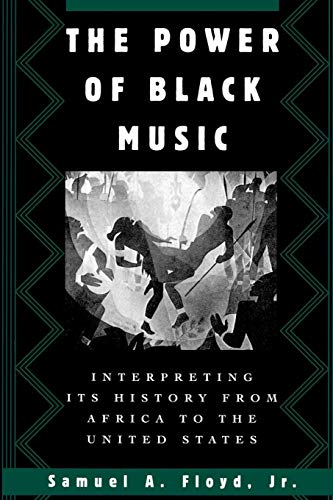
The Power of Black Music by Samuel A. Floyd
Black American Music • Music Appreciation • Music History
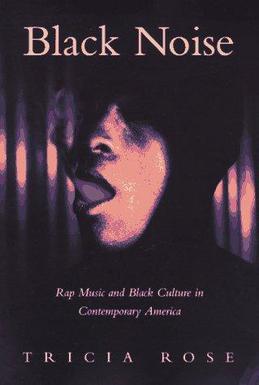
Black Noise: Rap Music and Black Culture in Contemporary America
by Tricia Rose
Black American Music • Postmodernism • Hip-Hop • Intersectionality • Seminal Work

Race Music: Black Cultures from Bebop to Hip-Hop
by Guthrie P. Ramsey
Black American Music • Ethnography • Jazz • R&B • Gospel • Soul • Hip-Hop

A Power Stronger Than Itself:
The AACM and American Experimental Music
by George E. Lewis
Black American Music • Avant-Garde • Experiemntal Music

How to Listen to Jazz by Ted Gioia
Jazz • Music Appreciation
Available on Audiobook

The History of Jazz by Ted Gioia
Black American Music • Jazz • History • Biography
Available on Audiobook
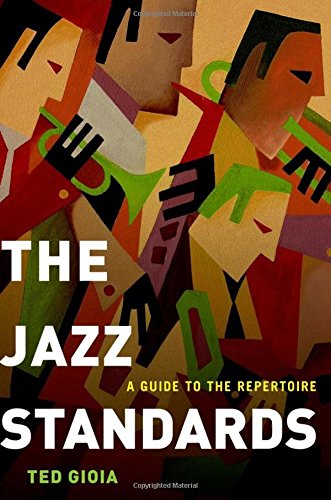
The Jazz Standards by Ted Gioia
Repertoire Guide • Jazz • History
Available on Audiobook
Scores

Jazz Fakebook
Lead Sheets • Jazz
Every Jazz song you ever wanted to learn ever.
You can find PDFs of this by Googling it.

Jazz Realbook
Lead Sheets • Jazz
Every Jazz song you ever wanted to learn ever but couldn’t find in the Fakebook.
Google will also get you pretty far in finding this.
Apps & Software

Improvisation • Accompaniment • Practice • Composition
Not an ad. I have this app on my phone and I love it. It costs a few bucks, but well worth it. I’ve been using it for over five years. Combine this with the fakebooks above and Gioia’s The Jazz Standards for a truly immersive didactic experience.
You can also write your own jazz tunes and save a lead sheet with the changes in the app. Then you can improvise to your own piece without having to comp yourself.
Also available for Mac—doesn’t seem like it’s available for PC/Linux users, though.
Documentaries

Jazz by Ken Burns
Jazz • History • Biography
The Ken Burns documantary is a great place to start with Jazz History. Just FYI, Wynton Marsalis has some very old-fashioned views about Jazz (e.g. he famously doesn’t consider Fusion to be Jazz). So take what he says about any music post-1960 with a grain of salt.
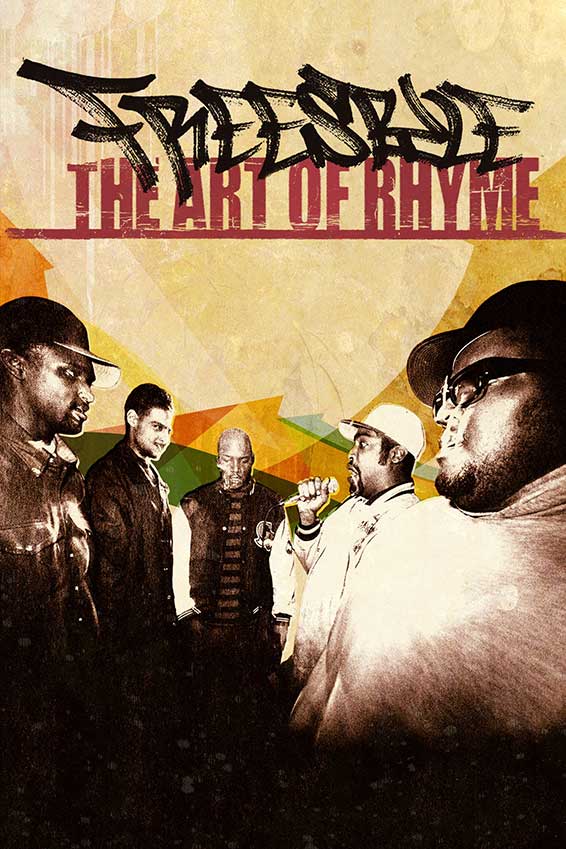
Freestyle: The Art of Rhyme by DJ Organic
90s Hip-Hop • History • Æsthetics
This documentary is a great intro to the history and æsthetics of hip-hop. At the time of writing, the whole thing is available on YouTube for free!

Scratch by Doug Pray
Hip-Hop • Virtuosic Turntablism • DJing
If you ever doubted the instrumental virtuosity of hip-hop DJs, this documentary will leave you in awe. I’m serious, when I learned that turntablists use two copies of the same vinyl to create infinite loops, I freaked out. 🤯
Also available on YouTube for free at the time of writing.



